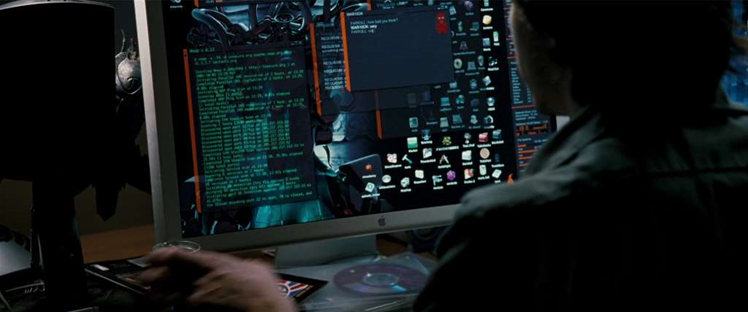Incompatible security standards and a "lead" Australian spy agency ill-equipped to handle new threats were hindering the nation's ability to confront cyberwarfare, WikiLeaks cables published today by the Fairfax press revealed.

In October, 2008 cable 08CANBERRA1157 classified secret and marked not for foreign eyes, former US ambassador to Australia Robert McCallum wrote that senior cybersecurity officials in the Bush administration were told that Australian spooks were struggling in the internet era.
In a meeting with then US assistant secretary of state for Intelligence and Research (INR) Randall Fort top brass from Australia's Defence Intelligence Organisation including its director Major General Maurie McNarn said they were "hard pressed" to cope with cybersecurity.
Singling out North Korea's weapons of mass destruction and China's building naval power in the region as special concerns, the group discussed how "incompatible security standards continued to be a major hindrance precluding more robust collaboration" between Australia, the US and Japan.
"McNarn and [his deputy Michael] Shoebridge were particularly interested in A/S Fort's comments on INR's role in leading US Intelligence Community efforts within the Comprehensive National Cybersecurity Initiative," McCallum wrote. "Noting that the Australian intelligence community was 'hard pressed' to understand the full extent of the threat, let alone serve in a position to lead the coordination of any interagency mitigation efforts."
The Australians indicated they wanted to take their lead on cybersecurity from the Americans rather than from Australia's lead agency, the Defence Signals Directorate.
"McNarn said the Defence Signals Directorate had 'the lead' for Australia in tackling the issue but was more focused on traditional intelligence collection/counterintelligence themes, and that Australian intelligence would need to stay engaged with its US counterparts to share lessons learned in the cyber arena."
In a later meeting with Peter Varghese, director general of the Australian Office of National Assessments that prophesied the problems intelligence agencies and national governments now confronted in WikiLeaks, Varghese said agencies were challenged to remain relevant in the information age where "once-secret information was increasingly available through open sources".
Analysts were required to be efficient intelligence processing units whose effectiveness was "determined by the speed and efficiency by which [they] can sift through the volume to highlight 'what is important' and put it into context for decision makers", McCallum quoted Varghese.
The group also discussed Israeli nervousness over Iran's nuclear programme, the ONA expressing interest in Fort's and INR's assessments on Israeli "red lines" and the "likelihood of an Israeli strike against Iranian nuclear facilities".
The Stuxnet worm discovered last July spied on and reinstructed Windows industrial systems supplied by Siemens in Iran's nuclear program.


_(36).jpg&h=140&w=231&c=1&s=0)
_(20).jpg&h=140&w=231&c=1&s=0)







 iTnews Executive Retreat - Security Leaders Edition
iTnews Executive Retreat - Security Leaders Edition
 Huntress + Eftsure Virtual Event -Fighting A New Frontier of Cyber-Fraud: How Leaders Can Work Together
Huntress + Eftsure Virtual Event -Fighting A New Frontier of Cyber-Fraud: How Leaders Can Work Together
 iTnews Cloud Covered Breakfast Summit
iTnews Cloud Covered Breakfast Summit
 Melbourne Cloud & Datacenter Convention 2026
Melbourne Cloud & Datacenter Convention 2026
 The 2026 iAwards
The 2026 iAwards












_(1).jpg&h=140&w=231&c=1&s=0)



